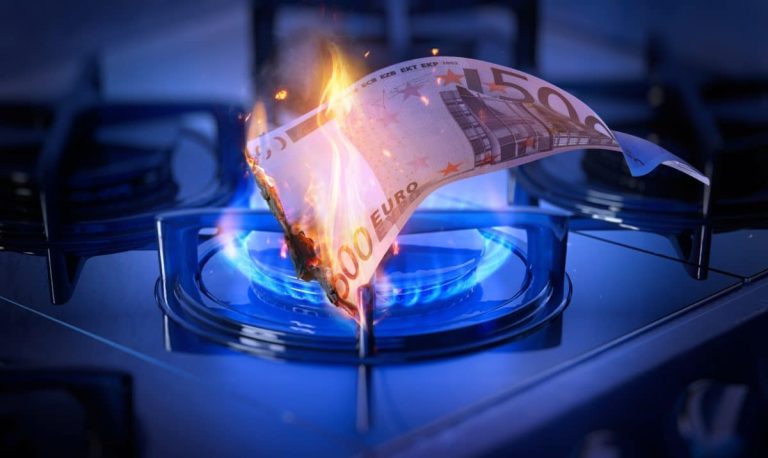Germany's recent decision to significantly reduce its gas imports by 32.6% in 2023 marked a notable shift in energy strategy, especially with regard to German gas. The move, influenced by geopolitical tensions and strategic planning, shows the country's resilience in the face of energy challenges, including the ongoing gas crisis in Germany. Germany's experience in gas trading offers insights into the adaptability of a global energy leader.
Germany's gas import landscape: transformation unveiled
The Bundesnetzagentur agency reported a major change in Germany's approach to gas sources. In reaction to the repercussions of the Ukrainian conflict, Germany shifted from relying heavily on Russian pipeline gas to using floating terminals for LNG imports from the global market. In 2023, Germany imported 968 TWh of natural gas, with large portions coming from Norway (43%), the Netherlands (26%), and Belgium (22%).
Ripples across the border: German gas exports are declining
Germany, traditionally a major route for Russian gas to European neighbours, saw its gas exports fall by 63% in 2023. Gas exports of 187 TWh, mainly to the Czech Republic, Austria and the Netherlands, contrasted sharply with 499 TWh the previous year. . This decline reflects changing energy dynamics caused by declining Russian imports and highlights shifts in international energy interdependence.

Overcoming Challenges: Germany's Response to the Gas Crisis
In the face of fluctuations in energy markets, Germany adopted a comprehensive approach to mitigate the impact of the gas crisis. National energy conservation efforts and moderate weather contributed to a 5% decline in gas consumption, to a total of 810 TWh in 2023. Industries achieved significant savings through improved processes, while household savings were more modest, largely due to Fixed consumption patterns for hot water and cooking gas. .
Storage flexibility: a beacon of stability
Despite these challenges, gas supplies in Germany remain stable, with storage caverns at 91% capacity. The regulator's statement, “The storage caverns are currently 91% full. This is a very good foundation for the remaining winter months,” highlights the effective strategic planning. This robust storage site acts as a buffer against potential disruptions, strengthening confidence in Germany's ability to manage the challenges of energy.
Germany's turnaround in the gas trade exemplifies adaptability and flexibility amid geopolitical challenges. The shift from heavy dependence on Russian gas to a more diversified global sourcing strategy has strengthened energy security and affected the dynamics of the international energy market. As the global energy landscape evolves, Germany stands as a symbol of stability and foresight, demonstrating the importance of strategic adaptation in gas trading. The story of Germany's gas sector, with its various challenges and adaptations, provides a compelling example of a country navigating the complex waters of global energy dynamics.

